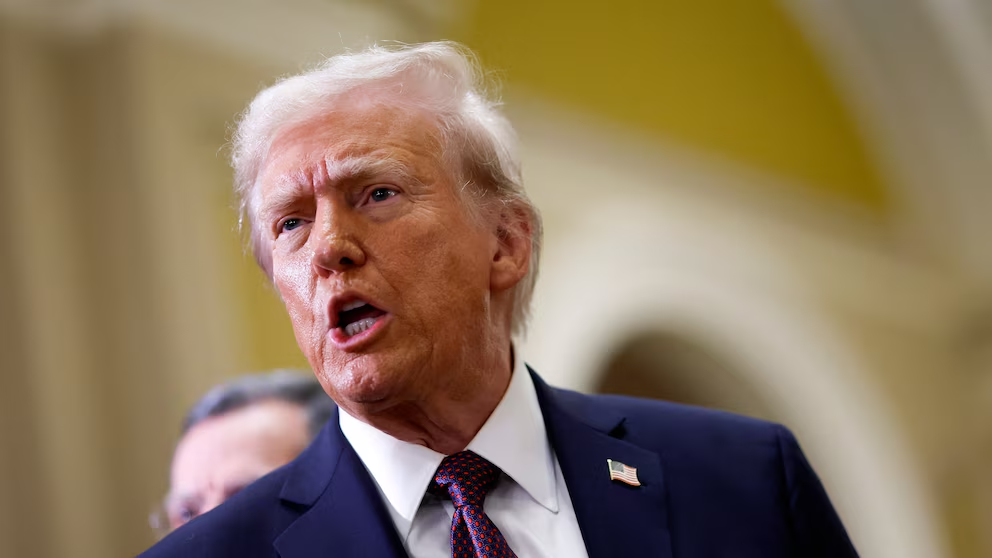President-elect Donald Trump was recently sentenced in the New York hush money case involving payments made during the 2016 election to adult film actress Stormy Daniels. Despite his conviction on 34 counts of falsifying business records, the judge issued an unconditional discharge, meaning Trump will face no jail time, fines, or community service. However, as a convicted felon, he is prohibited from owning firearms and must submit a DNA sample.
This outcome allows Trump to assume the presidency without the immediate threat of incarceration, marking the first time a convicted felon will hold the office. Legal experts have expressed concerns about the implications of this case, suggesting it sets a troubling precedent and could pose risks to the integrity of the presidency.
Trump has consistently criticized the legal proceedings, labeling them a “witch hunt” and an “embarrassment.” He maintains his innocence and plans to appeal the verdict.
Despite the conviction, there are no legal barriers preventing Trump from taking office. His supporters view the sentencing as a politically motivated attempt to undermine his presidency, while critics argue that the lack of substantial penalties undermines accountability.
As Trump prepares for his inauguration, the ramifications of his conviction continue to be a topic of national debate, highlighting the complex intersection of legal accountability and political leadership.
